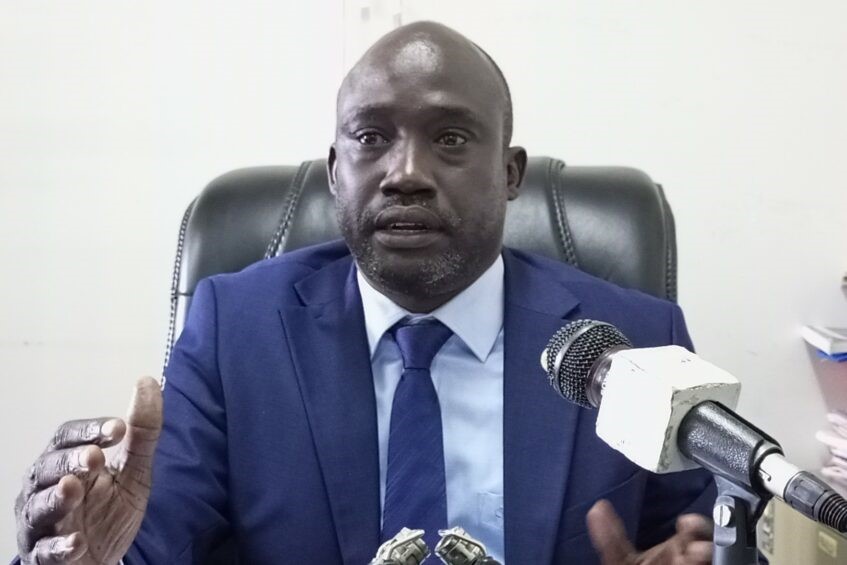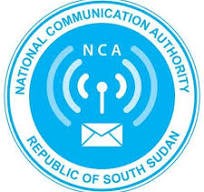By Philip Buda Ladu
National Examination Council (NEC) has justified the poor performance of S.4 candidates who took the 2023 Certificate of Secondary Education exams.
Over 17,000 candidates did not perform at a level required to pass them into institutions of higher learning.
Early this month, South Sudan National Examination Council (SSNEC) released the 2023 Certificate of Secondary Education (CSE) examination results. 17,691 students failed and will be repeating the year.
The performance had declined compared to previous years. Out of 44,131 candidates, only 26,440 passed and qualified for varsity admission.
This poor result, which showed almost half of the total number of candidates failed, sparked mixed reactions among members of the public, with some blaming the Ministry of General Education for the failure.
Others thanked Minister Awut Deng for fighting exam malpractices, which exposed the weakness of candidates who heavily depended on cheating exams, thus resulting in poor performance.
However, the contrary opinions on the 2023 CSE exams’ poor performance prompted the Secretary General of the National Examination Council, Simon Nyok Deng, to come out and clarify the marking procedures to put the facts right.
Nyok emphasized that the performance in the 2023 CSE examinations is an indication of a positive step toward improving teaching and learning in schools.
He issued a written response to various comments and opinions expressed on the recently released 2023 CSE examination results which opinion writers termed it one of the worst results since the independence of South Sudan and blamed it squarely on MoGEI and NEC.
Nyok underscored that the standards of the examination marking exercise have always remained pivotal in the Council’s operating procedures.
He dismissed claims that university students and unqualified teachers have been engaged in the marking of national examination scripts.
“All the teachers, new or old, experienced or not, undergo standardization procedures; where they sit for the same paper (subject), they are invited to mark, then discuss and modify the marking rubrics, and finally undergo trial marking of dummies before embarking on the marking of live scripts,” the NEC secretary explained.
He added that to further improve the accuracy and consistency of marking, NEC employs the Conveyor Belt System (CBS) of marking, where the markers are nested in teams and each marker marks specific questions in a script and then passes it on to the next marker.
Additionally, NEC also employs Control Phase Two, where the marked scripts undergo thorough cross-checking to verify the quality of the marking, identify any unmarked parts, and confirm the addition of marks before transcribing the marks on a mark sheet.
Mr. Nyok therefore stressed that with all these procedures employed in the marking process, one can be rest assured that the marking exercise doesn’t introduce construct irrelevant variance (CIV) in the scores assigned to the candidates.
“It is worthless to assume that the marking exercise was compromised and hence resulted in the poor performance of the candidates,” he echoed.
“The poor performance in 2023 CSE examinations can outstandingly be attributed to the improved examination security during field administration and monitoring of the examinations, meaning students independently demonstrate their competence,” Nyok continued.
He emphasized that last year, no examination malpractice was registered in the country, adding that “the results show students true competencies.”
“The National Examinations Council cannot be blamed for the failure of 17,000 candidates in the 2023 CSE Examinations; the results only confirmed students’ abilities.” The NEC boss reiterated.
Mr. Nyok also expressed surprise to hear of rumours circulating on social media purporting that the best students are claimed to have come from one community.
He debunked the rumour, stating that this year, the National Examinations Council refrained from ranking students, schools, or states as a way to combat examination malpractice.
“Therefore, whoever claims to be among the best students remains a question, as different states analyzed their results differently,” he cautioned.
The National Examinations Council introduced the use of letter grades, where many students are apparently clustered rather than ranked.
Finally, the NEC Secretary-General advised valued commentators and opinion writers to always seek sufficient evidence before writing anything about the performance of any institution.
“We welcome all forms of criticism, but they have to be constructive and fully supported with evidence,” he stated.
“We have a nation to build, and so we must appreciate every single step toward reform.”



